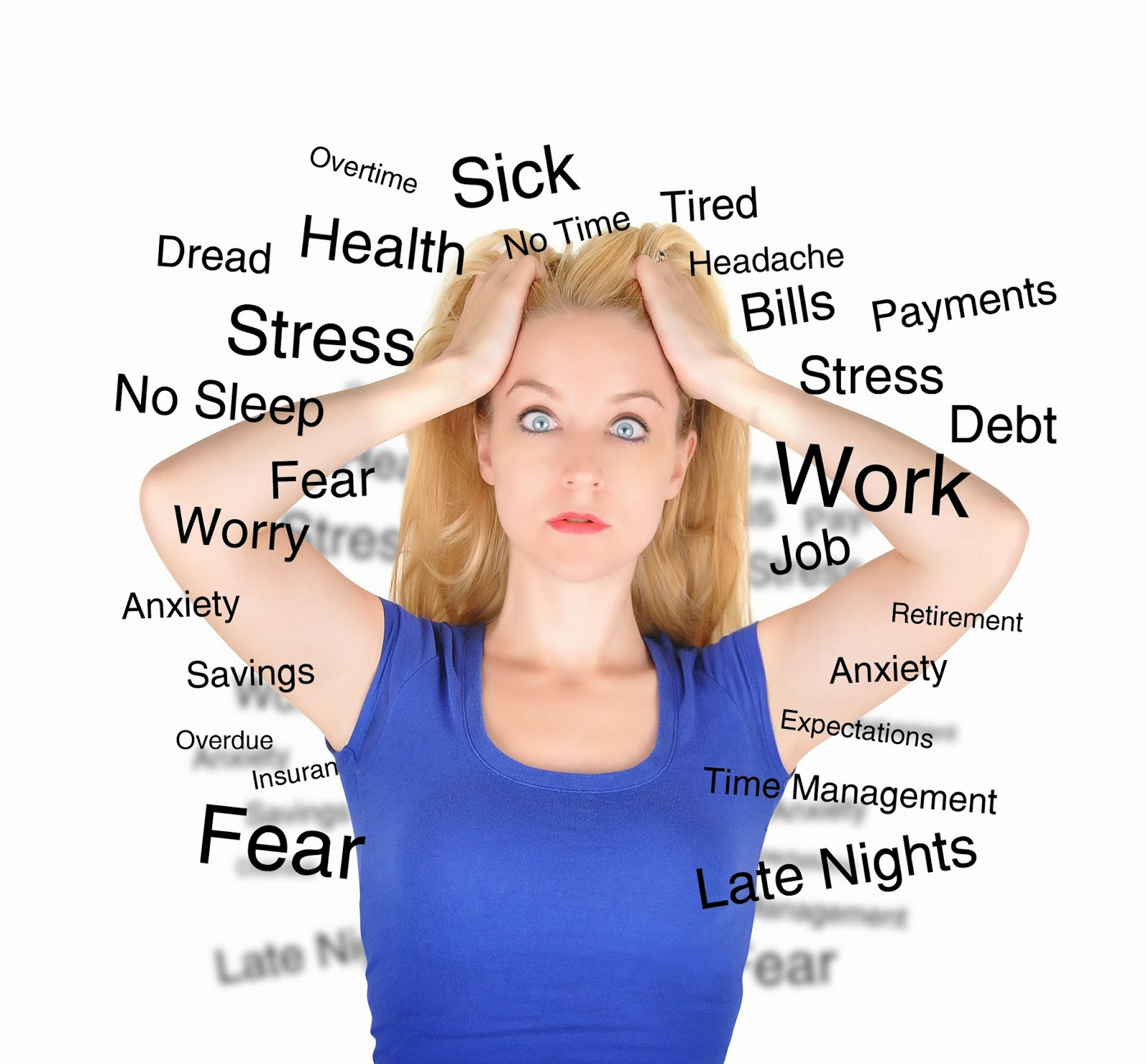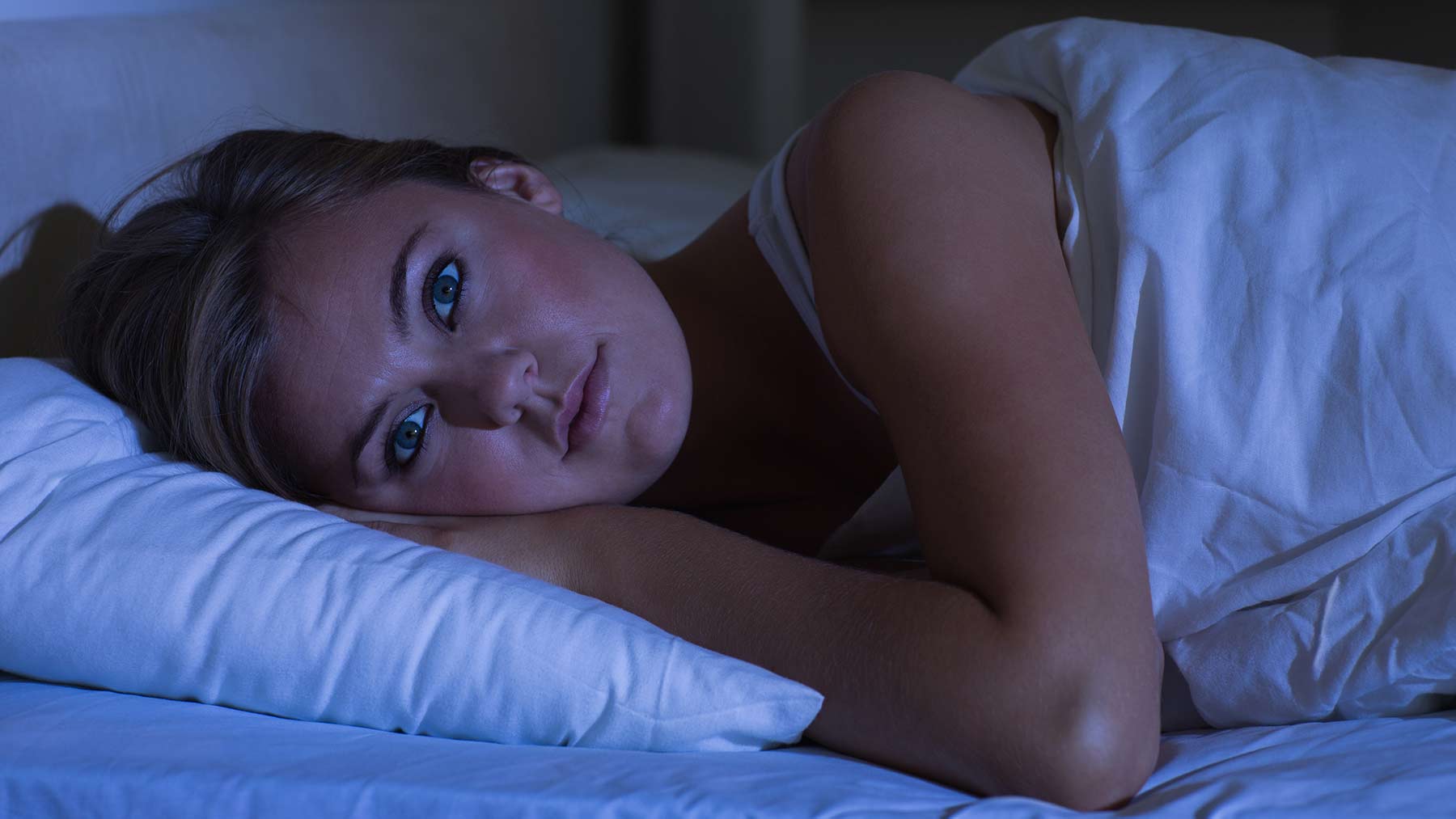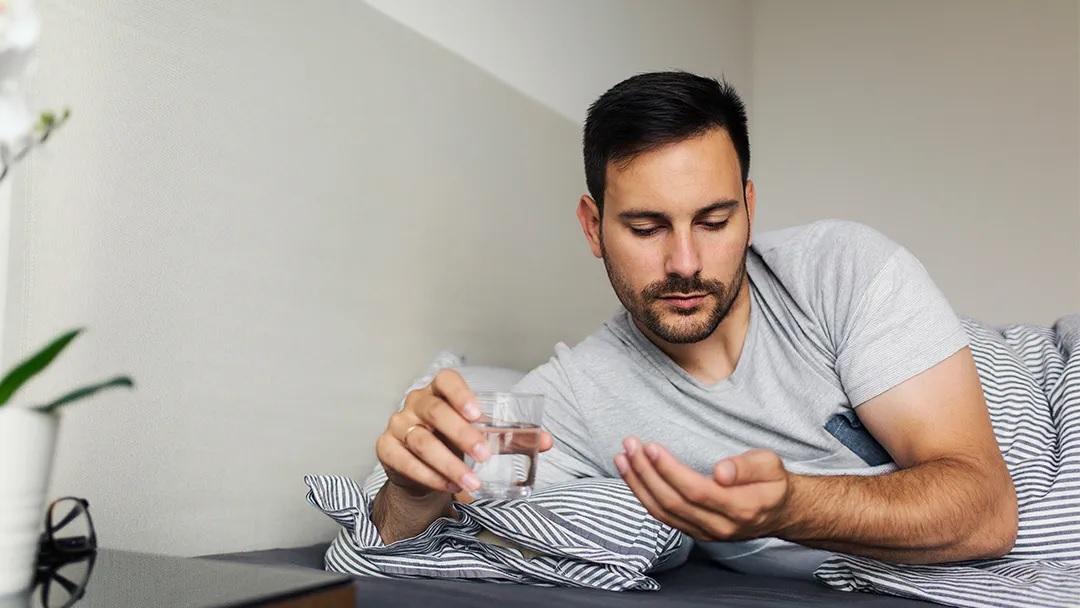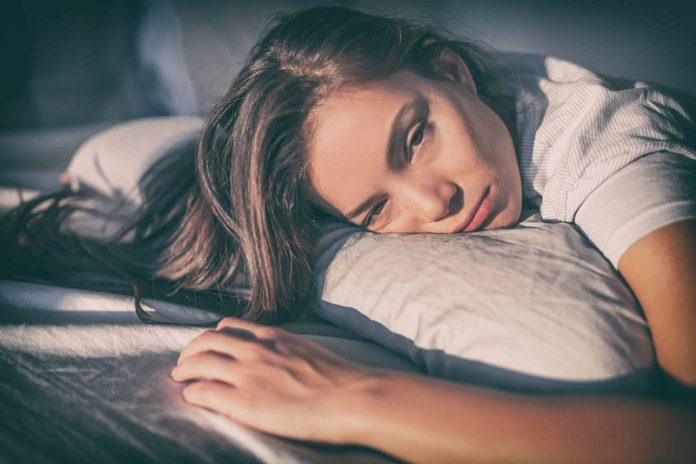Dhealthwellness.com – If you suffer from chronic insomnia, you may be wondering how to treat severe insomnia naturally. Fortunately, there are many effective methods to help you sleep. You should first determine the root cause of your insomnia. Many sleep disorders are caused by emotional problems. Other causes include physical health and daily habits. You should also explore medications and non-medical therapies that may be able to help you sleep. If these techniques are not effective, you should talk with your health care provider about changing your sleep routine.
Some Factors That Cause Insomnia
Primary insomnia is different from secondary insomnia, which occurs because of another medical or psychiatric condition. Primary insomnia is caused by a medical condition, and it is usually not related to drugs or other conditions. Research into secondary insomnia has shown that it can be a symptom of other medical conditions. The cause of secondary insomnia is still unclear, but it is commonly associated with certain lifestyle patterns and emotional stress. Chronic insomnia lasts more than 3 months and may require treatment.
Chronic insomnia can be caused by drugs, alcohol, or anxiety. If your sleep is disrupted by these causes, the condition can get worse. Treatment of underlying problems is the key to curing this problem. You may also need to take a sleep medication or take a cognitive-behavioral therapy session. These methods are often more effective than sleeping pills and have fewer side effects. If none of these options is working, you can always turn to a healthcare professional for help.

Some people find simple changes to their sleep habits helpful. One of these methods is to limit exercise and caffeine before bed. Another method is to take a hot bath before bed, which will help you to fall asleep. You should also ensure that your bed is dark, quiet, and free from distractions such as phones. It is also recommended that you keep a set bedtime and try not to stay up late. Getting up early is a major step in treating severe insomnia.
Insomnia Treatment Plan Based on Sleep Pattern and Lifestyle
A medical diagnosis of your insomnia may involve taking a sleep study. This will record all activities that occur during sleep, including your heartbeat, breathing, and eye movements. Insomnia can be caused by many different things, and a sleep study will determine whether you need medication to treat your underlying problems. Your doctor may also suggest a treatment plan based on your sleeping patterns and your lifestyle. If these methods do not work, you may want to consider cognitive behavioral therapy or prescription drugs.
If you are not able to sleep through the night, consider going to a dark room and reading until you feel tired. Do not watch TV or study for a test at night. Avoid taking naps during the day as these activities will make it more difficult to fall asleep. Avoid drinking alcohol or nicotine before bed and making sure that your bedroom is a place that is conducive to sleep. In addition, avoid smoking and strenuous exercise close to bedtime.

While learning how to treat severe insomnia naturally may take time, it’s vital to get support during this difficult time. For some, it’s helpful to write down negative thoughts so you can identify what they are. If you write down these thoughts, you’ll be surprised at how often they occur. While they may seem trivial, the frequency of these thoughts can make it difficult to fall asleep. As a result, you may feel like you can’t sleep at all, or you may end up lying awake for hours.
Behavioral Therapy and Drugs Can Help Sleep
In addition to behavioral therapy, medication can help you sleep. Hypnotics are often prescribed for short periods, and the frequency of use should be individualized for each patient. Antihistamines should not be used routinely as a sleep aid. In addition to hypnotics, doctors often prescribe off-label medications for insomnia. Some of these medications work by influencing the sleep-wake cycle.
Before prescribing medications, your health care provider should assess the severity of your insomnia and recommend treatment options. Many non-pharmacologic therapies are effective, such as relaxation and behavioral therapy. Cognitive behavior therapy has good evidence for its effectiveness. Exercising can also improve sleep quality and has numerous benefits. When used regularly, exercise is as effective as benzodiazepines and can improve mood and concentration. So, it is important to get proper sleep in order to stay healthy and productive.

In addition to talking therapy, prescription sleeping pills may be prescribed for insomnia. These pills may contain antihistamines or natural ingredients to help you get a good night’s sleep. But these drugs should not be used for longer than two weeks, as they may increase your risk of car accidents and injury. In addition, prescription sleep aids are only effective for a short period of time and may also cause side effects that make them less effective.
